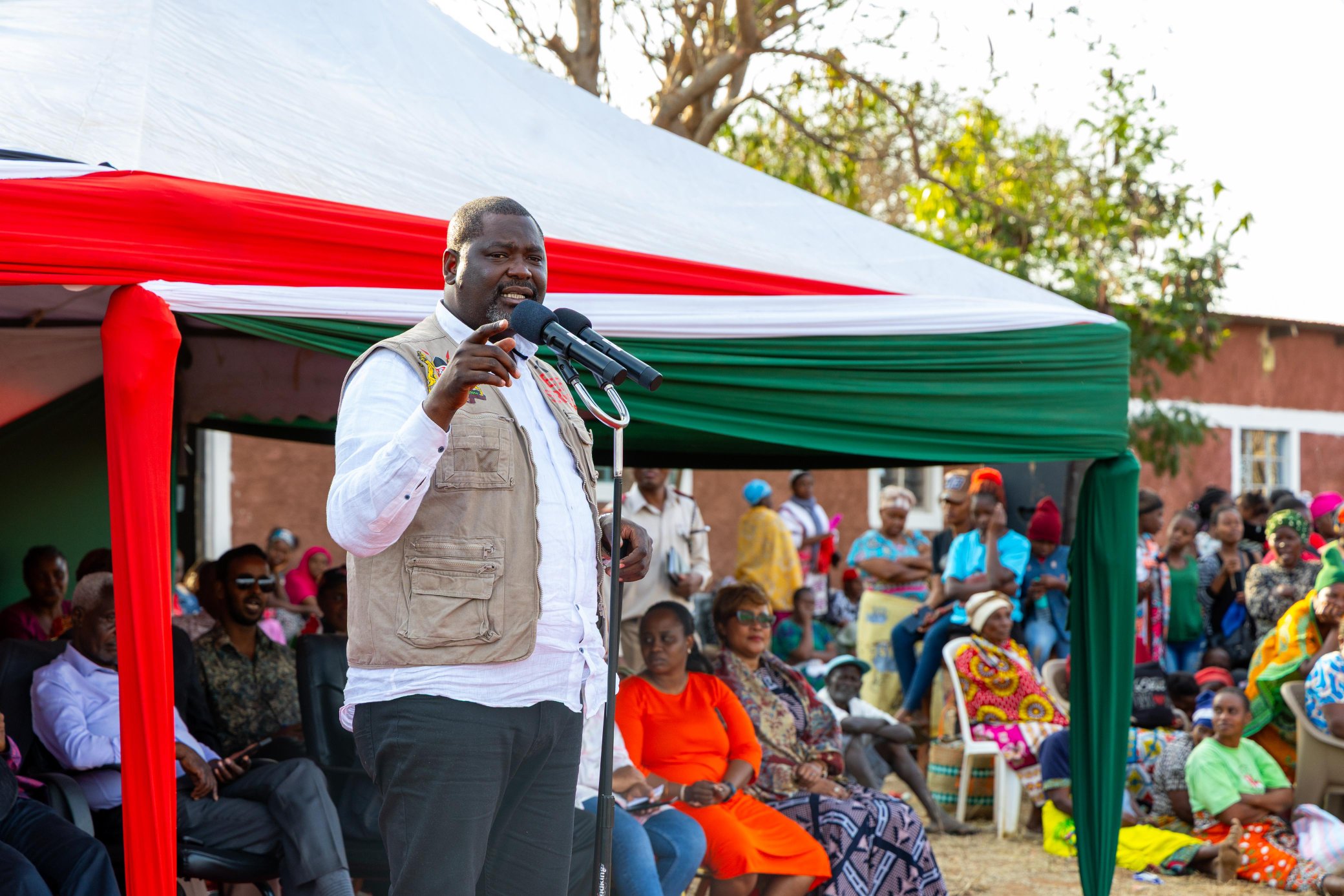
 Cabinet Secretary for Public Service, Human Capital Development and Special Programmes, Geoffrey Ruku/HANDOUT
Cabinet Secretary for Public Service, Human Capital Development and Special Programmes, Geoffrey Ruku/HANDOUTCabinet Secretary for Public Service, Human Capital
Development and Special Programmes, Geoffrey Ruku, has called on the Ethics and
Anti-Corruption Commission (EACC) to arrest all public officers implicated in
the latest corruption report.
Addressing residents at Kirewe Grounds in Matuga
Constituency, Kwale County, Ruku issued a stern warning to those involved,
stating that the government will not tolerate impunity within its ranks.
“The report released by the EACC yesterday revealed that
there is corruption in various government departments. We must ensure that
corruption becomes a thing of the past. I call on the EACC to identify these
individuals, arrest them, and charge them so that the law can take its course.
Kenya deserves a public service that is free of corruption,” he said.
The CS reiterated that President William Ruto has made it
clear that integrity and accountability must be upheld at all levels of
government, insisting that all public servants must be responsible.
He said the President has made it clear that he does not
want corrupt public officers, he only wants people who are committed to serving
the citizens of Kenya.
Ruku said the government is committed to restoring public
trust by cleaning up public service and ensuring that all officials serve with
honesty and transparency.
“All those who earn a salary from taxpayers must help change
this negative perception. The President does not want any corrupt officer in
the public service. Whether in independent constitutional commissions,
ministries, or county governments, all of us must act responsibly.”
Ruku encouraged citizens to play an active role in exposing
corrupt individuals.
“If anyone asks you for a bribe, report them. You can even
call me or contact the EACC to ensure that corruption comes to an end in our
country.”
His remarks comes a day after the release of the National
Ethics and Corruption Survey, 2024.
The survey painted a grim picture, ranking the police, Kenya
Revenue Authority (KRA), chiefs, and county governments among the most corrupt
institutions.
Also mentioned were lawyers, county inspectorate officers,
lands officials, architects, doctors, and nurses, among others.















